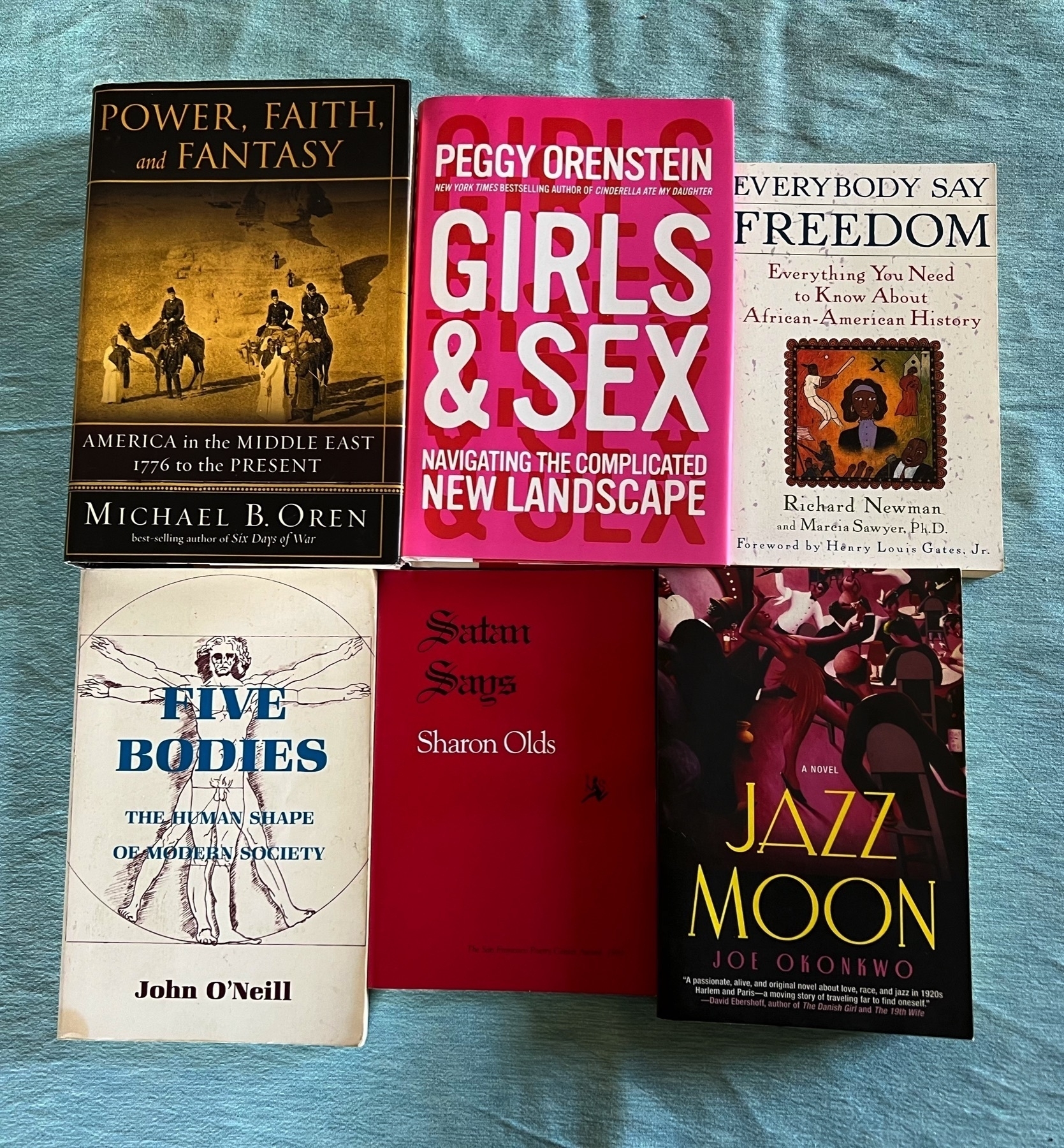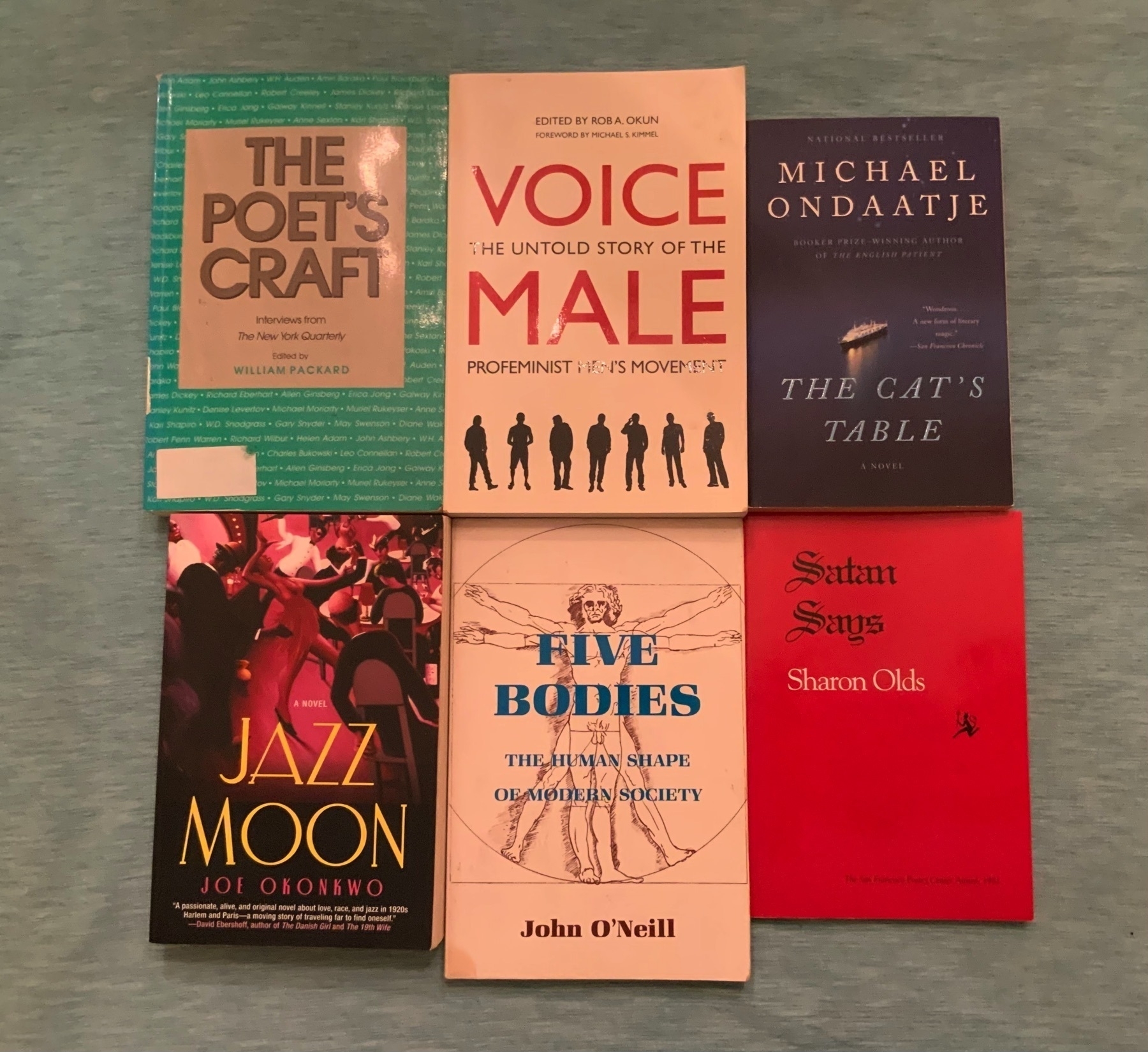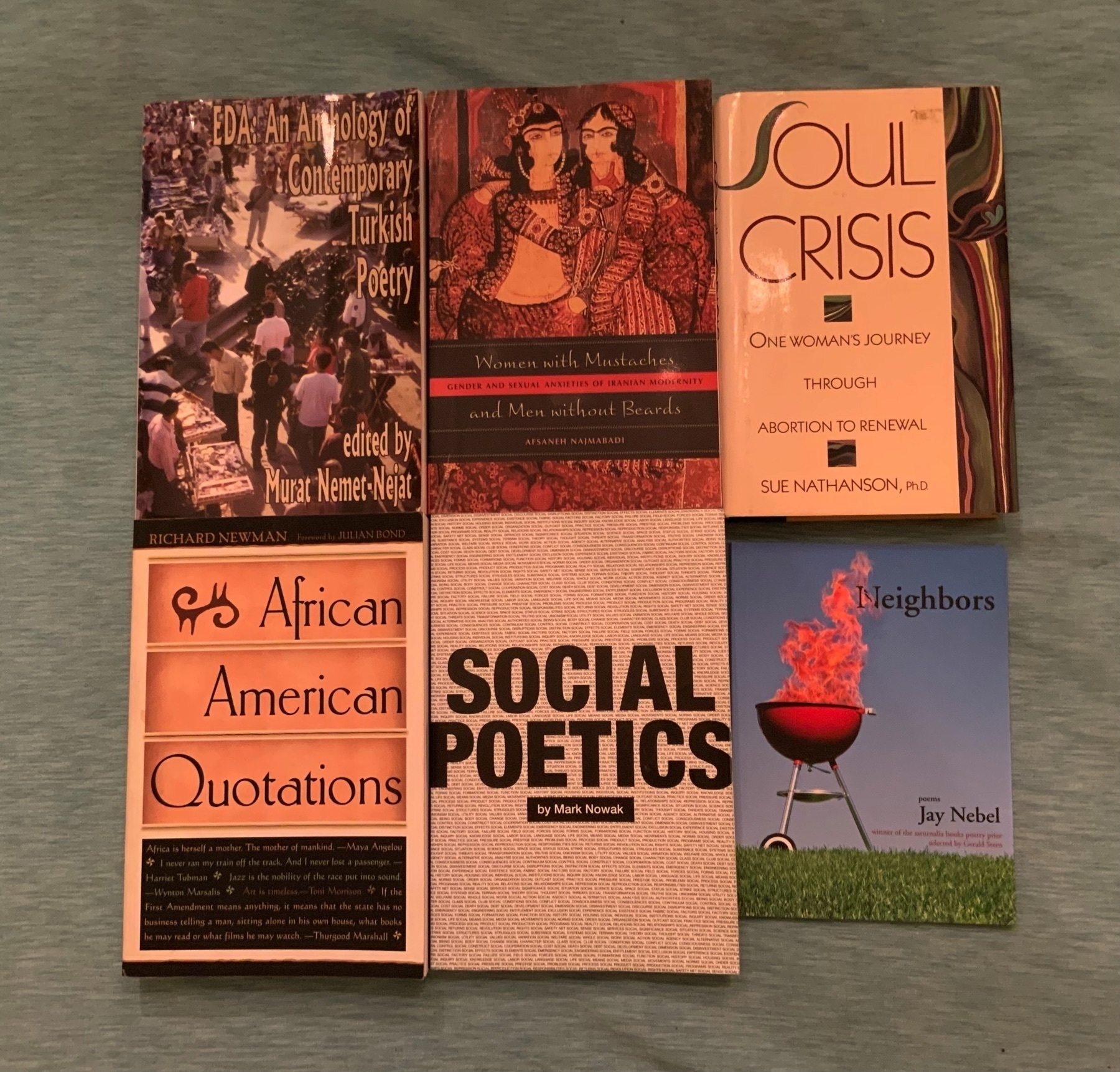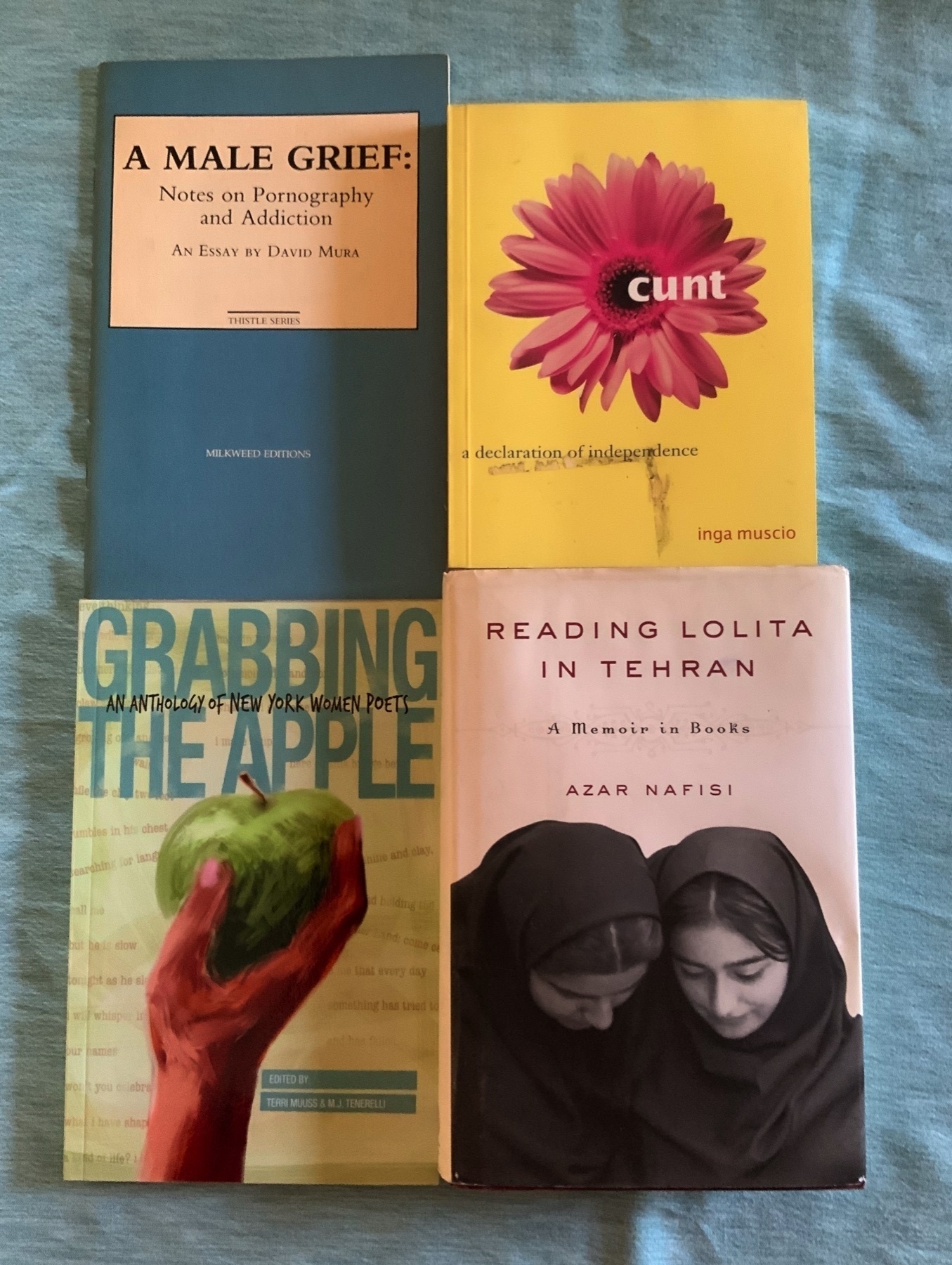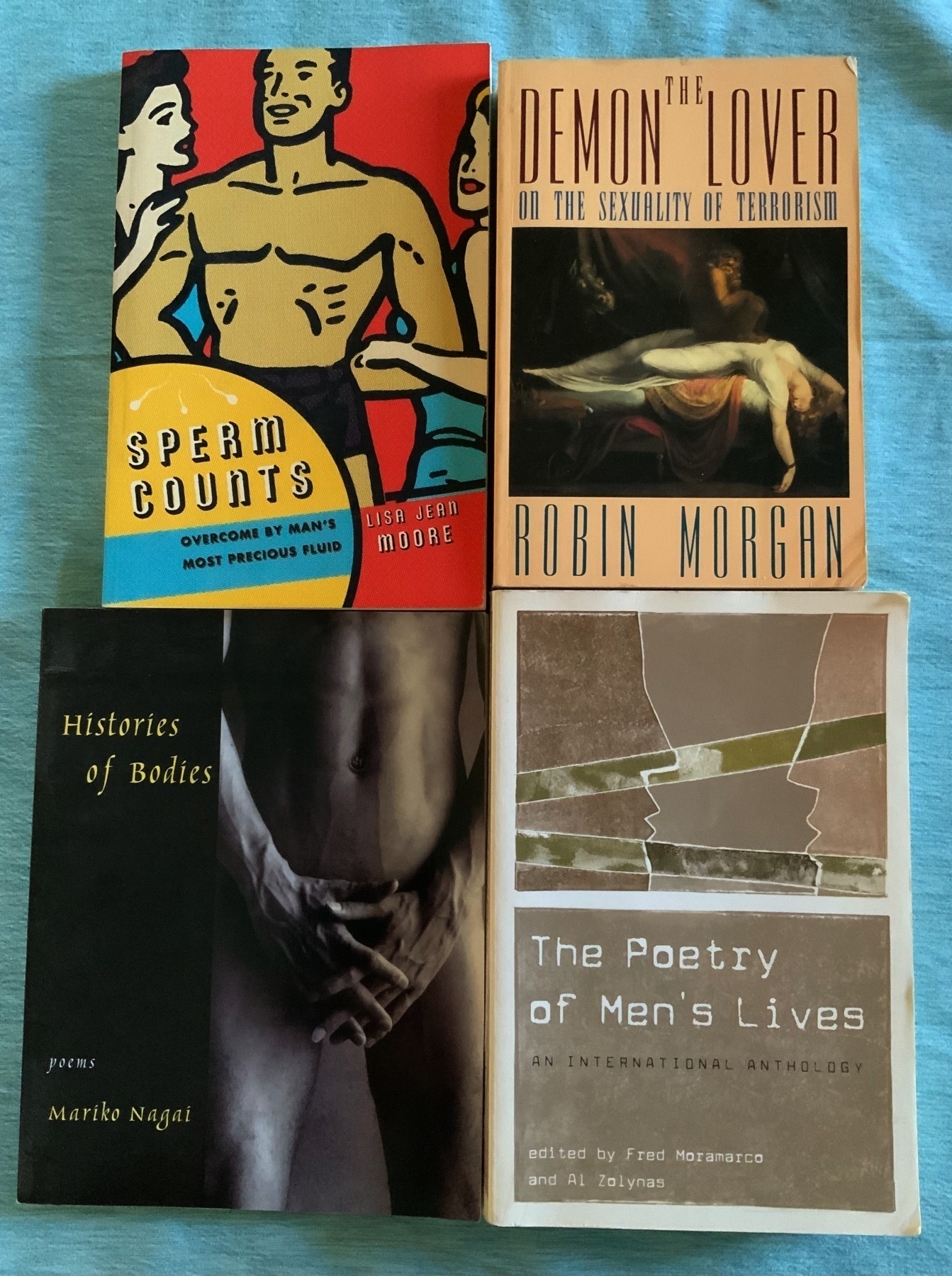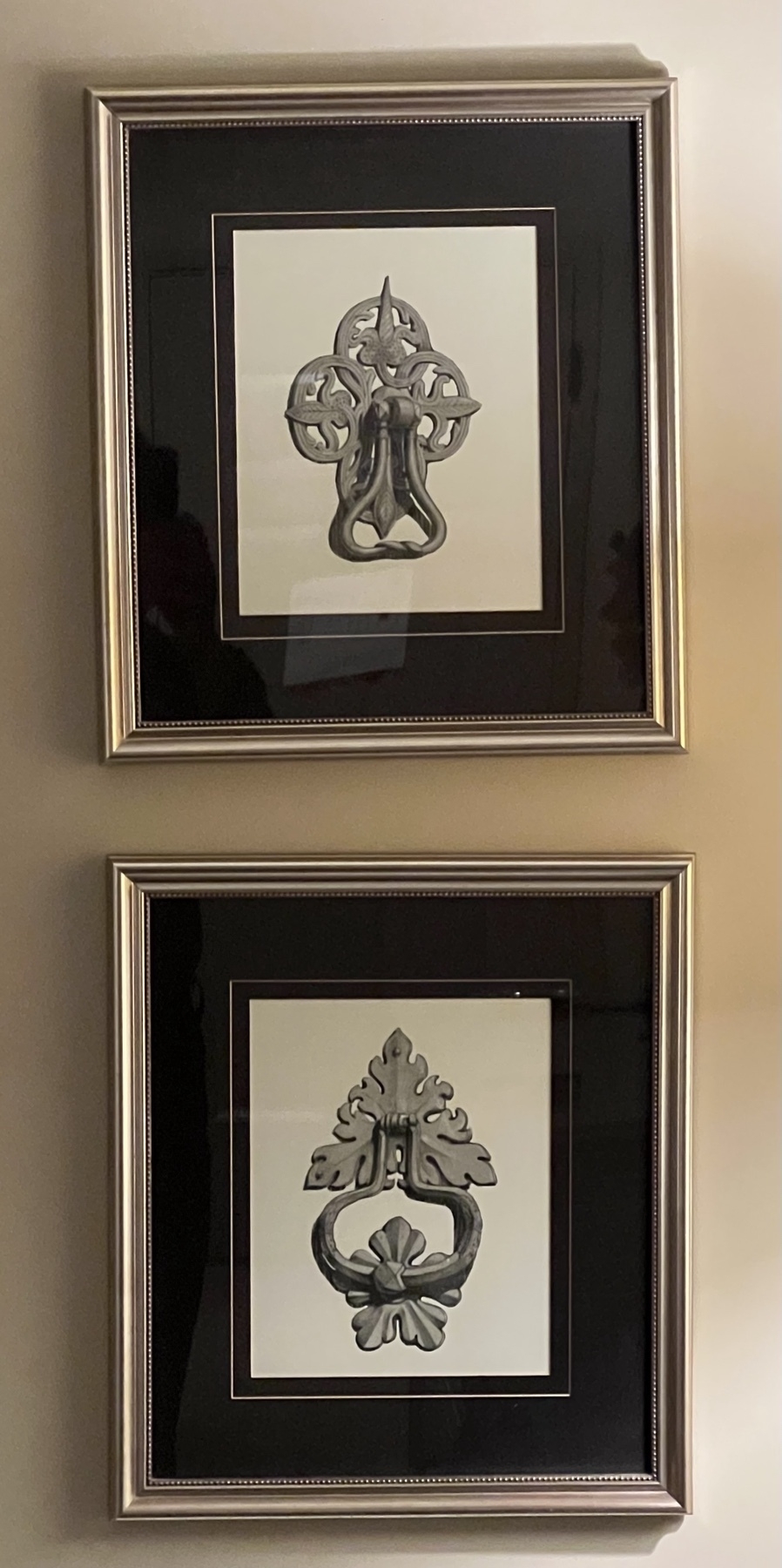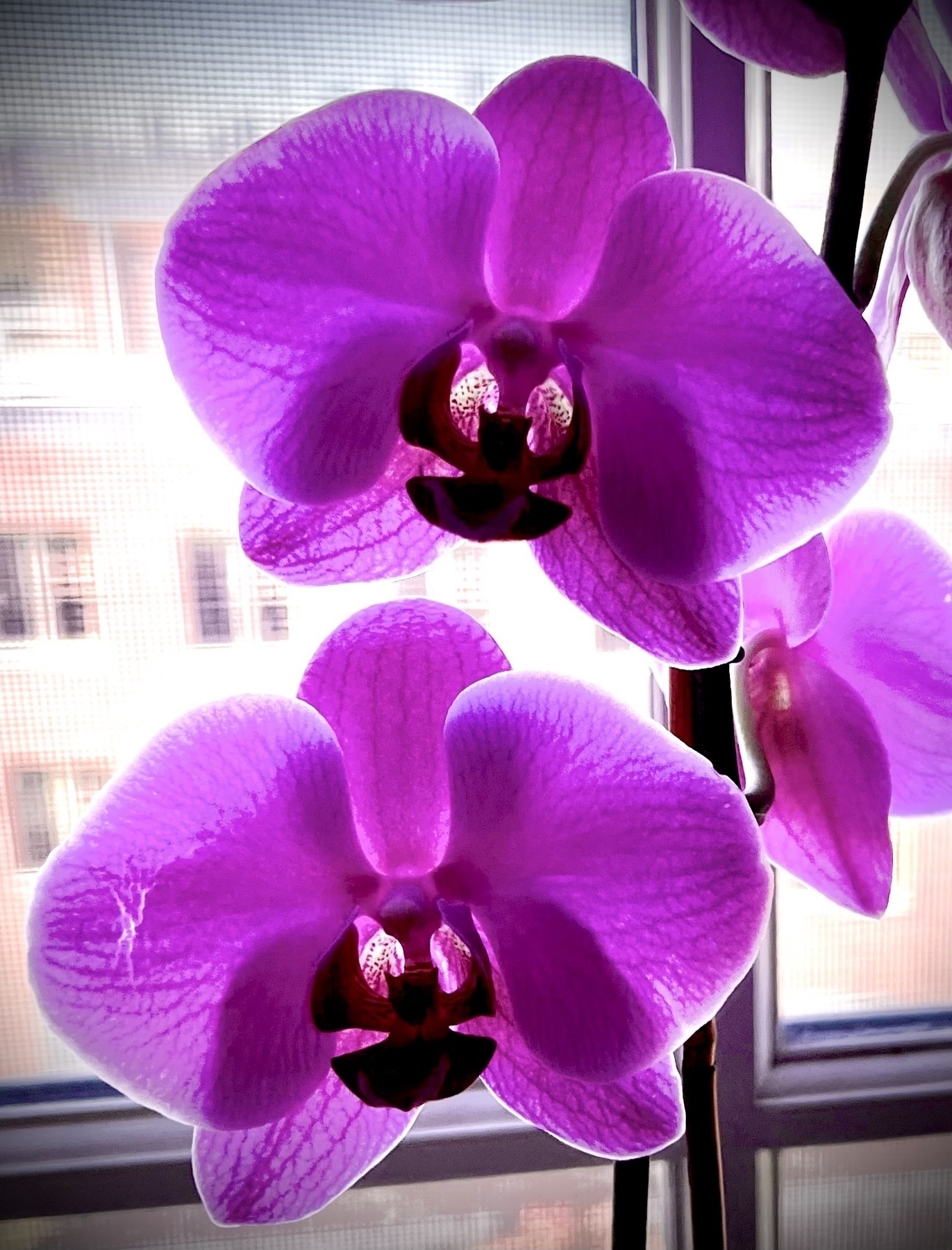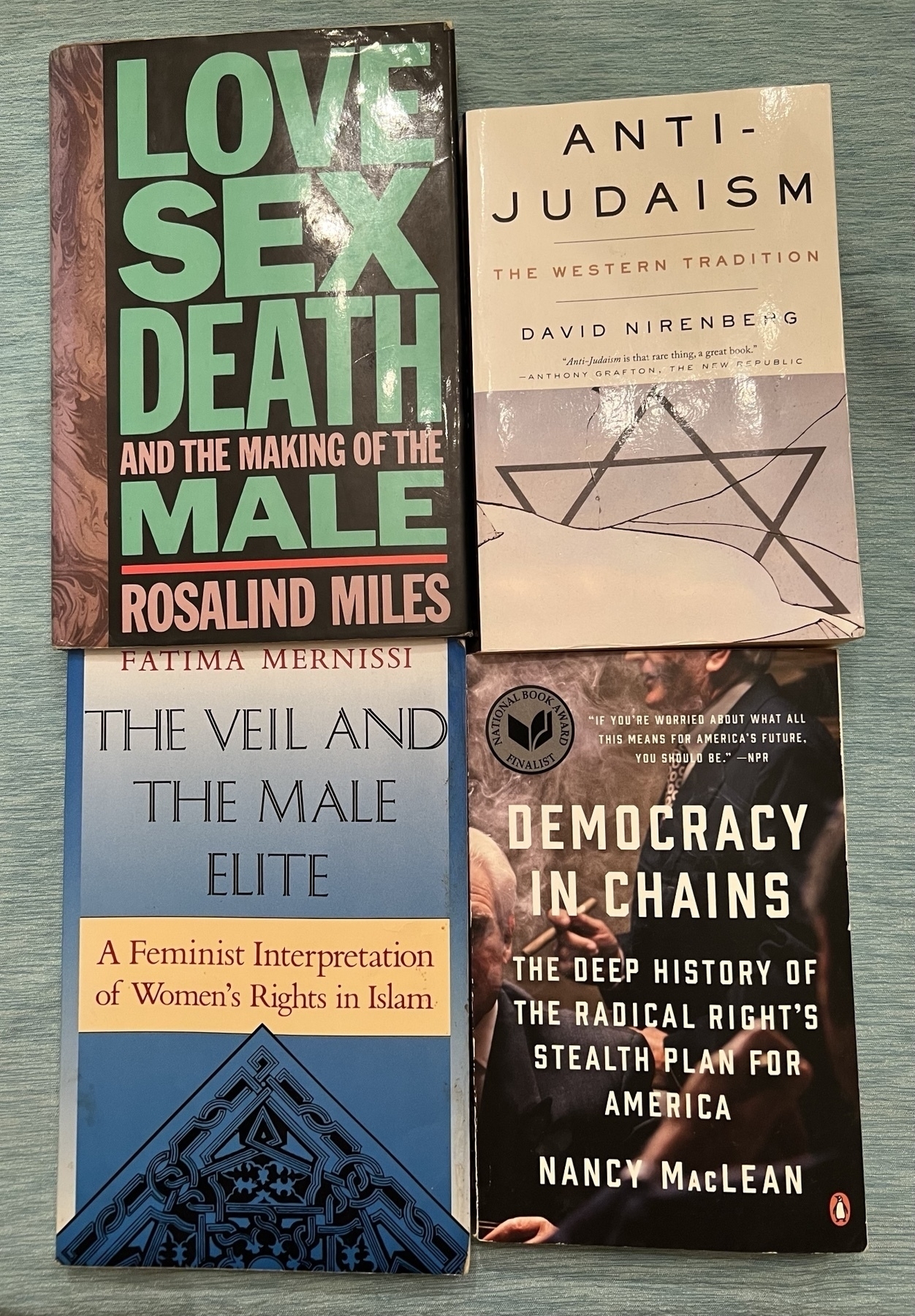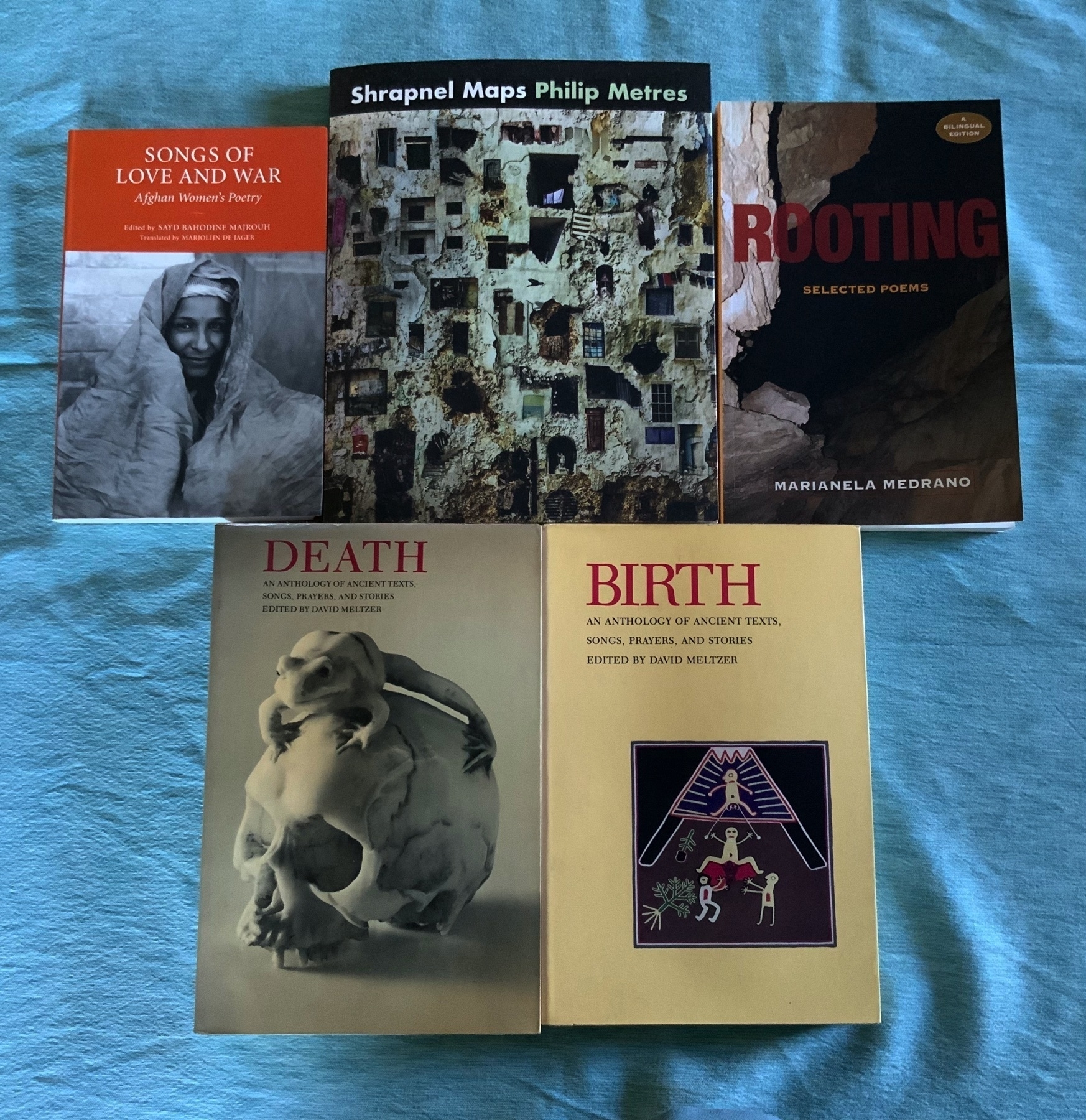My father died on October 7 of this year. I’m not in mourning for him. I grieved “my dad”—which he never was to me—many years ago, but I’ve been surprised at how angry and disillusioned I’ve been feeling and how paralyzing those feelings have been. Today, I was finally able to articulate why.
I did not speak to my father for about ten years after my brother died, from the time I was twenty-one-years-old till, when I was thirty-three or so, I went to see him because my wife and I had started talking about trying to conceive and there were questions I wanted answers to and things I wanted to resolve long before any children we had would be born.
So, one day about thirty years ago, I just showed up at my father’s office. He was, to say the least, elated to see me. We had a really good, really honest conversation, which felt to me like it might be the basis of a new relationship. This made me happy, I didn’t need “a dad” anymore, at least not in the way I would have had he been a dad to me when I was younger, but I very much wanted to have my father in my life, and I especially wanted any children my wife and I had to know their grandfather.
My father married his third wife when I was fifteen. What I learned when we went down to Georgia for his funeral was just how much he had become part of her family, how deeply they loved and valued him, and how fully he was able to be for them the kind of person he was never able to be for me. To put it more bluntly, and I’m glossing over a lot here, what I learned was just how thoroughly he had chosen them as his family over me—and I was pretty much the only biological family he had left.
What I realized today, though, was this: he had made this choice during the years we didn’t speak without making any effort at all to reconnect with me as his son. My anger and disillusionment, however, comes not from the choice itself. Given the circumstances of our lives—aside from the fact that we weren’t talking—I can understand why that choice made sense to him. In fact, I’m happy for him that he was able to become who he was for them. Rather, what makes me angry is how thoroughly he and his wife hid this fact from me, never once inviting me and my family into relationship with these people who had become his.
Realizing all this has made me see just how wrong every assumption was that I had made about what reconnecting with me had meant to him—how it held very little of the significance it had held for me—and understanding that has finally, fully clarified for me why the reconnection never really amounted to very much in the first place. There’s a great deal more to say, of course, but for now I am glad finally to have understood more fully why I’ve been feeling the way I have.
